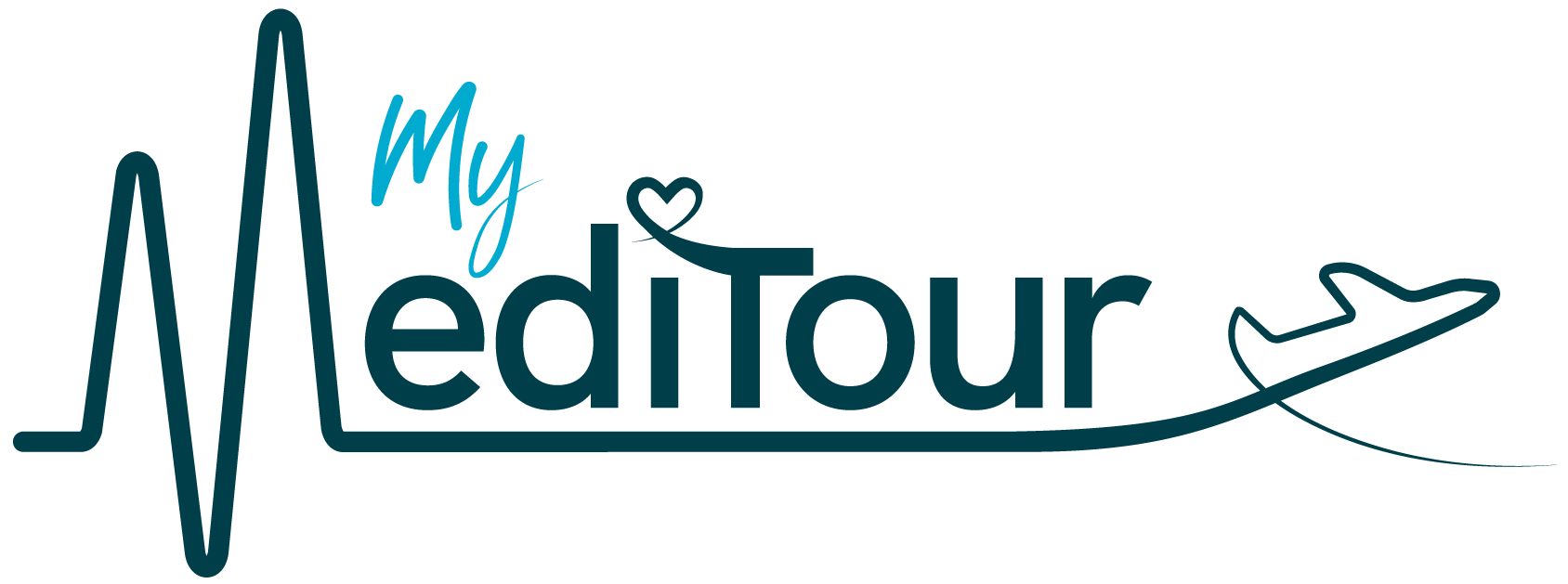Gastric bypass surgery, particularly the Roux-en-Y technique, is a widely recognized and effective method for significant weight loss and the management of obesity-related health conditions. Turkey has become a prominent destination for individuals seeking this procedure, offering high-quality medical services at a fraction of the cost found in many Western countries. This guide provides an in-depth look at the costs, procedures, benefits, and important considerations for those considering gastric bypass surgery in Turkey.
Cost of Gastric Bypass Surgery in Turkey
Gastric bypass surgery in Turkey typically ranges from $4,200 to $7,500 USD, depending on the type of procedure, the surgeon’s experience, and the clinic’s reputation. The cost often includes hospital fees, anesthesia, pre-operative tests, and post-surgery care, making it an all-inclusive option for international patients. Compared to the $20,000–$30,000 USD average in the United States, Turkey offers a significant cost saving of up to 70%, while maintaining high medical standards, modern facilities, and English-speaking bariatric specialists.
Breakdown of Costs:
- Standard Gastric Bypass (Roux-en-Y): Typically priced between $3,500 and $5,000 USD.
- Mini Gastric Bypass: Ranges from $3,800 to $6,500 USD, offering a simplified surgical approach with potential benefits for certain patients.
These costs often include the procedure itself, anesthesia, hospital stay, medications, pre-operative tests, and post-operative consultations. Many clinics also offer all-inclusive packages that cover accommodation, airport transfers, and translation services, providing a seamless experience for international patients.
Why Choose Turkey for Gastric Bypass Surgery?
1. Affordability Without Compromising Quality
Turkey offers competitive pricing for gastric bypass surgery without sacrificing the quality of care. The country’s medical tourism sector is well-established, with numerous hospitals accredited by international organizations, ensuring adherence to global healthcare standards.
2. Experienced Medical Professionals
Turkish surgeons specializing in bariatric procedures often have extensive training and experience. Many have received education and certification from reputable institutions worldwide, bringing a wealth of knowledge and skill to their practices.
3. Comprehensive Medical Tourism Packages
Clinics in Turkey frequently offer all-inclusive packages for international patients. These packages can include services such as:
- Pre-operative consultations and tests
- The gastric bypass procedure
- Hospital stay and medications
- Accommodation and transportation
- Post-operative care and follow-up visits
These comprehensive packages simplify the process for patients traveling abroad for treatment.
4. Short Recovery Time
The gastric bypass procedure is typically performed laparoscopically, which is minimally invasive and associated with shorter recovery times. Most patients can return to their normal activities within a few weeks, making it an attractive option for those with busy schedules.
Important Considerations Before Undergoing Gastric Bypass Surgery
1. Eligibility Criteria
Ideal candidates for gastric bypass surgery are individuals with a Body Mass Index (BMI) of 40 or higher, or those with a BMI of 35 or higher who also have obesity-related health conditions such as type 2 diabetes, hypertension, or sleep apnea. A thorough medical evaluation is necessary to determine suitability for the procedure.
2. Potential Risks and Side Effects
While generally considered safe, gastric bypass surgery carries potential risks, including:
- Infection
- Bleeding
- Blood clots
- Nutritional deficiencies
- Dumping syndrome (rapid gastric emptying)
- Bowel obstruction
These risks can be minimized by choosing a reputable clinic and following all pre- and post-operative instructions provided by the medical team.
3. Commitment to Lifestyle Changes
The success of gastric bypass surgery heavily relies on the patient’s commitment to adopting healthy eating habits and regular physical activity. The procedure serves as a tool to aid in weight loss, but long-term success depends on sustained lifestyle modifications.
Comparison: Gastric Bypass Surgery Costs
| Country | Average Cost (USD) |
|---|---|
| Turkey | $3,500 – $6,500 |
| United States | $20,000 – $35,000 |
| United Kingdom | £15,000 – £25,000 |
| Germany | €12,000 – €20,000 |
As illustrated, undergoing gastric bypass surgery in Turkey can result in significant cost savings compared to other countries, without compromising on quality.
Frequently Asked Questions (FAQs)
1. What is gastric bypass surgery?
Gastric bypass surgery is a weight-loss procedure that involves creating a small pouch from the stomach and connecting it directly to the small intestine. This limits the amount of food the stomach can hold and reduces calorie absorption, leading to weight loss.
2. Who is a good candidate for gastric bypass surgery?
Ideal candidates are individuals with a BMI of 40 or higher, or those with a BMI of 35 or higher who have obesity-related health conditions. A thorough medical evaluation is necessary to determine suitability for the procedure.
3. How long do I need to stay in Turkey for gastric bypass surgery?
The procedure typically requires a hospital stay of 3 to 5 days. Most patients can return to their normal activities within 2 to 4 weeks, depending on individual recovery.
4. Is gastric bypass surgery reversible?
No, gastric bypass surgery is a permanent procedure. It involves significant alterations to the digestive system, which cannot be undone.
5. What are the potential risks of gastric bypass surgery?
Potential risks include infection, bleeding, blood clots, nutritional deficiencies, and complications related to anesthesia. These risks can be minimized by choosing a reputable clinic and following all medical advice.
6. How much weight can I expect to lose after gastric bypass surgery?
On average, patients can expect to lose 60% to 80% of their excess weight within the first year after surgery. Long-term success depends on adherence to dietary and lifestyle changes.
7. Will I need to take vitamins after surgery?
Yes, due to changes in nutrient absorption, lifelong supplementation with vitamins and minerals is typically required to prevent deficiencies.
8. Can I return to work after gastric bypass surgery?
Most patients can return to work within 2 to 4 weeks, depending on the nature of their job and individual recovery.
9. Are there any dietary restrictions after surgery?
Yes, patients are required to follow a specific diet that includes small, frequent meals of nutrient-dense foods. Avoiding high-calorie, sugary, and fatty foods is essential for successful weight loss.
10. How do I choose the right clinic for gastric bypass surgery in Turkey?
It’s important to select a clinic that is accredited by international medical organizations, employs experienced and qualified surgeons, and offers comprehensive care packages. Reading patient reviews and seeking recommendations can also be helpful in making an informed decision.
Conclusion
Gastric bypass surgery in Turkey offers an affordable and effective option for individuals seeking to address obesity and its associated health problems. With experienced surgeons, modern medical facilities, and comprehensive care packages, Turkey has become a leading destination for medical tourism in bariatric procedures. By thoroughly researching and understanding the options, risks, and benefits, patients can make an informed decision about pursuing gastric bypass surgery in Turkey. Contact MyMediTour for more details.
If you’re considering gastric bypass surgery, Turkey presents a compelling option to achieve a healthier, more active lifestyle with the support of skilled professionals and modern facilities.




